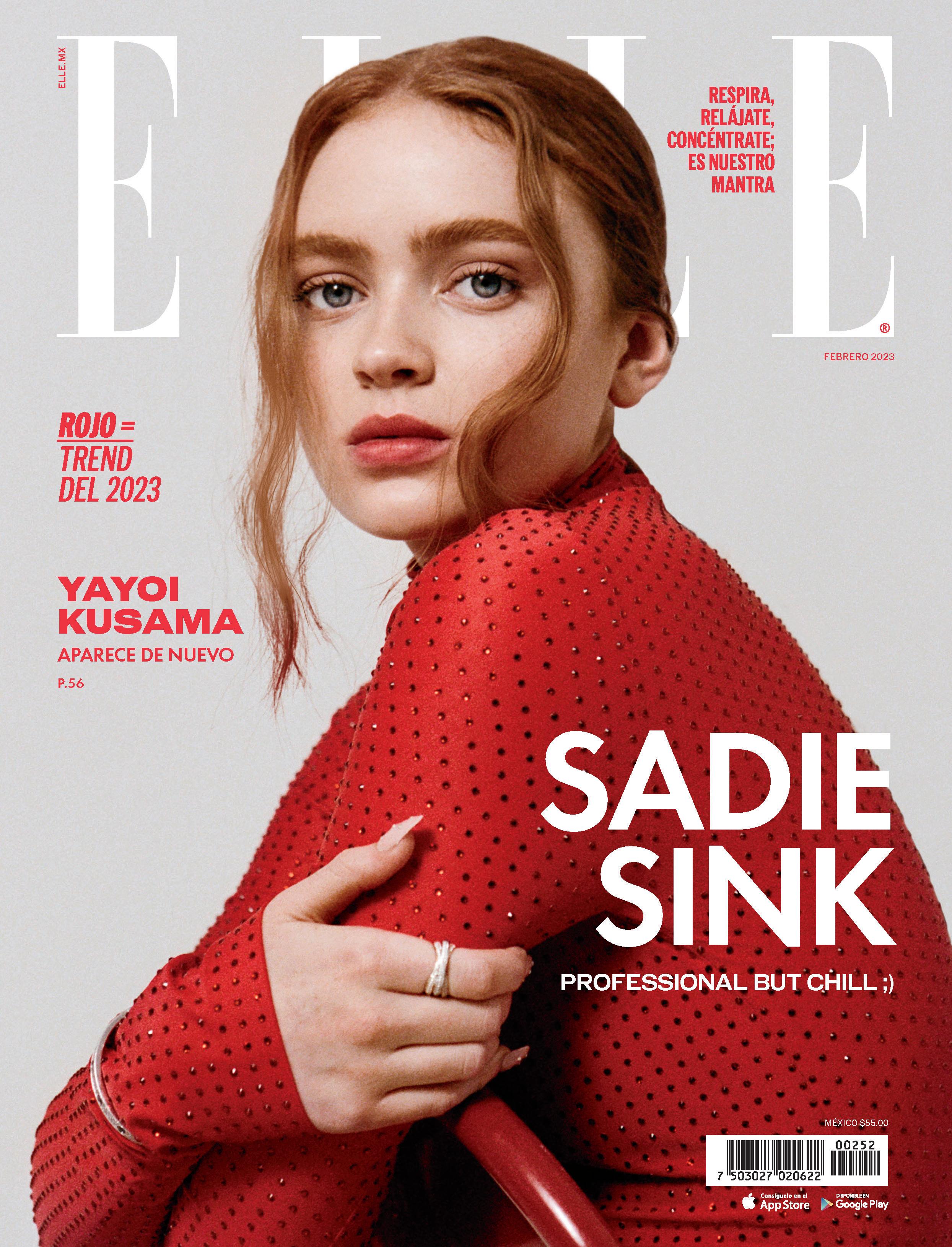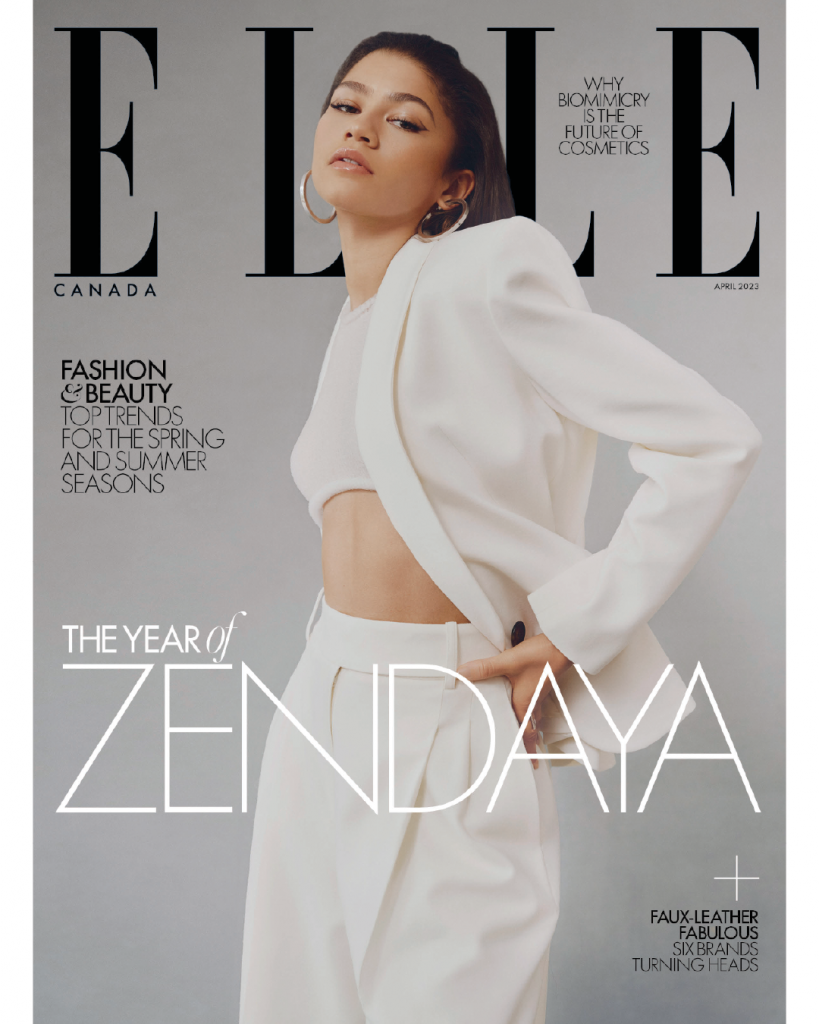Elle Reeve - Exploring A Journalist's Path
Humanized Version
Elle Reeve, a name many folks recognize from television screens, has made quite a mark in the world of news. She is an American journalist, you know, someone who reports on what is happening, and her work shows up on CNN and HBO. Her reporting often covers important public matters and how society works, bringing different views to light. People often talk about her interviews and how she approaches big stories.
She has a knack for getting to the heart of things, which, in some respects, has earned her some big awards. Her work, particularly from a rally in Virginia some years back, really got people talking and brought her a lot of attention. It is pretty clear that she has a way of asking questions that can make you think, and sometimes, they even stir up a little bit of conversation.
From political happenings to social issues, Elle Reeve brings her unique style to her reports. She seems to have a good sense for what people want to know, and her stories often make for compelling viewing. It is that kind of direct, honest approach that makes her stand out, giving us a clearer picture of the events she covers.
Table of Contents
- Elle Reeve - A Life in Reporting
- Who Is Elle Reeve Beyond the Screen?
- What Are Some of Elle Reeve's Big Stories?
- How Does Elle Reeve Approach Tough Interviews?
- The Charlottesville Coverage and Elle Reeve
- Is Elle Reeve Part of a New Voice in Media?
- What is "Black Pill" by Elle Reeve About?
- Elle Reeve's Impact and Public Perception
Elle Reeve - A Life in Reporting
Elle Reeve is an American journalist whose career has spanned several significant news organizations. She has spent time working for CNN and also contributed to HBO's Vice News Tonight, which is, you know, a pretty big deal. Her work typically involves looking into politics and different social matters, bringing these stories to a wide audience. She has a history of asking the kind of questions that make people really consider things, and that has, perhaps, made her quite well-known.
Born and brought up in the United States, Elle Reeve has kept her family life rather private. She has not shared the names of her parents or any siblings, preferring to keep those details to herself. She is married to Jeremy Greenfield; they exchanged vows on December 31, 2018, in a ceremony held in the United States. The couple, it seems, lives a contented life together in New York.
Her professional path has led her to cover some very important events. She is a correspondent for CNN, and her reporting has been recognized with a good number of awards. These include the Emmy and the Peabody, which are, as a matter of fact, very respected honors in the world of journalism. Her written pieces have also been published in various well-known publications, such as Vice, The New Republic, New York Magazine, Elle, The Atlantic, and The Daily Beast.
Who Is Elle Reeve Beyond the Screen?
Beyond her on-screen presence, Elle Reeve is, quite simply, a person with a story. She is an American citizen, born and raised in the United States, and she belongs to the white heritage. Her personal details, as mentioned, are kept somewhat private, but we do know a few things about her physical presence. She stands at a height of approximately 5 feet 8 inches, which is about 1.72 meters, a fairly typical height for a woman.
| Detail | Information |
|---|---|
| Full Name | Elle Reeve |
| Nationality | American |
| Heritage | White |
| Birthplace | United States of America |
| Spouse | Jeremy Greenfield |
| Marriage Date | December 31, 2018 |
| Residence | New York |
| Height | Approx. 5 feet 8 inches (1.72 m) |
What Are Some of Elle Reeve's Big Stories?
One of the most talked-about pieces of work Elle Reeve has done is her reporting on the 2017 "Unite the Right" gathering in Charlottesville, Virginia. This particular coverage brought her a Peabody Award, which is a very significant acknowledgment of journalistic quality. She gained a lot of public notice for her efforts during that time, especially for her interviews with white supremacists who were present at the event. These interviews, you know, really showed her willingness to approach difficult subjects head-on.
Her work extends to covering a wide array of current happenings for CNN. She has a way of making complex topics feel approachable, which is, I mean, a valuable skill in news reporting. Her presence on HBO's Vice News Tonight also showed her versatility, allowing her to explore different angles of stories. It is pretty clear that she likes to get into the heart of what is going on.
How Does Elle Reeve Approach Tough Interviews?
Elle Reeve is known for her direct, sometimes uncomfortably honest, interviewing style. A recent example that got a lot of chatter was her conversation with comedian Tim Dillon. This interview, which CNN released, was, to be honest, quite a spectacle for many viewers. People described it as one of the more awkward interviews they had ever watched, and it certainly got people talking.
During that talk, Reeve posed a question to Dillon about whether he and other podcasters were becoming the "new establishment" after the 2024 election. Dillon's response was a straightforward "I don't think I'm the new establishment." This exchange, you know, highlights her way of asking questions that challenge perspectives and make people consider their roles. It also, quite literally, showed a bit of a clash between traditional news gathering and newer media voices.
Some folks even called the interview "unintentional comedy gold," and others saw it as a kind of "leftist struggle session." This range of reactions, I mean, shows how her interviews can really stir up different feelings and viewpoints. She seems to have a knack for creating moments that become topics of wide discussion, which, in a way, is a sign of effective journalism.
The Charlottesville Coverage and Elle Reeve
The 2017 "Unite the Right" rally in Charlottesville was, without a doubt, a pivotal moment for Elle Reeve's career. Her reporting from this event brought her significant recognition, including that Peabody Award. She was right there, talking to white supremacists, getting their direct words, which, you know, is not an easy thing to do. Her ability to face such a charged situation and report on it showed a great deal of courage.
In her own words, or at least in her book, she describes the Charlottesville march as a turning point. It was, she suggests, the moment when hateful ideas, which had been developing somewhat hidden, burst into the open. She writes about how "the leaders lost control of the cult," which gives you a sense of her perspective on the events. This particular piece of work, I mean, truly cemented her reputation for tackling tough subjects head-on.
Is Elle Reeve Part of a New Voice in Media?
The question Elle Reeve put to Tim Dillon about the "new establishment" is, in some respects, a question that reflects broader changes in how we get our news. Dillon, for his part, told her he did not believe that podcasters, even those with large audiences, were responsible for changing election outcomes. This exchange, you know, touches on a big discussion about the role of traditional broadcast media versus independent voices. It is a conversation that is, pretty much, always happening in the public square.
Legacy media, the kind that has been around for a long time, has, in a way, seen its status as a main information provider shift. People are getting their news and opinions from many different places now, including podcasts and online content creators. Elle Reeve, by asking this question, seems to be acknowledging this shift and exploring what it means for how information is shared. It is, I mean, a very relevant discussion for our times.
What is "Black Pill" by Elle Reeve About?
Beyond her television reporting, Elle Reeve also put her thoughts into a book called "Black Pill." In this book, she takes a close look at the difficulties, you know, that young men in America are facing. It is a walk through the challenges that, for various reasons, seem to be affecting this group in particular. Her writing here shows a different side of her work, moving from immediate news reporting to deeper social commentary.
She connects the themes in her book back to the 2017 Charlottesville event. She describes it as a point where hidden, hateful ideas became much more visible. The book, it seems, explores the consequences of these sorts of ideological shifts and how they impact individuals. It is, quite frankly, a serious look at some complex social issues.
Elle Reeve's Impact and Public Perception
Elle Reeve has made a clear impact in the field of journalism. Her numerous awards, including the Emmy and Peabody, speak to the quality and importance of her work. She has a distinct voice, which, you know, resonates with many people who follow current affairs. Her ability to report from difficult situations and to ask probing questions has set her apart.
Her interviews, like the one with Tim Dillon, often spark wide discussion and sometimes even controversy. This suggests that her approach to journalism is not always about presenting a smooth, easy narrative. Instead, she tends to stir the pot a little, which, in some respects, is what good journalism should do. You can follow her thoughts and work on Twitter, where she goes by the handle @elspethreeve.
Article Recommendations



Detail Author:
- Name : Shaylee Pfannerstill
- Username : quitzon.wilfrid
- Email : crolfson@dicki.net
- Birthdate : 1984-11-11
- Address : 44151 Lakin Pike East Lea, KS 12795
- Phone : (832) 745-4327
- Company : Bahringer-Brown
- Job : Administrative Services Manager
- Bio : Culpa ut velit possimus sit nulla. Qui repellat molestias officiis voluptatem. Quia dolores sequi eum eum.
Socials
twitter:
- url : https://twitter.com/hettingert
- username : hettingert
- bio : Quia ut et aut sunt esse. Aliquam sed et modi dolor. Quam error aut non ipsam. Quia nobis qui laudantium. Non eos est iure asperiores.
- followers : 5049
- following : 892
tiktok:
- url : https://tiktok.com/@hettinger2020
- username : hettinger2020
- bio : Non qui aut quo eos alias accusantium et sed.
- followers : 415
- following : 2772